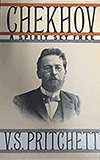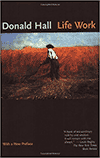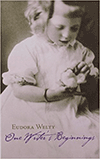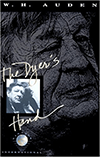Recommended by Tom Jenks, Narrative cofounder and editor

A Portrait of the Artist as a Young Man by James Joyce
In this coming-of-age story of Stephen Dedalus, Joyce’s alter ego, the author reveals his aesthetic development and intention to forge in the smithy of his soul the uncreated conscience of his race—a life’s work that lifted Ireland from its heritage of oppression under English rule to a renewed place on the world stage.























